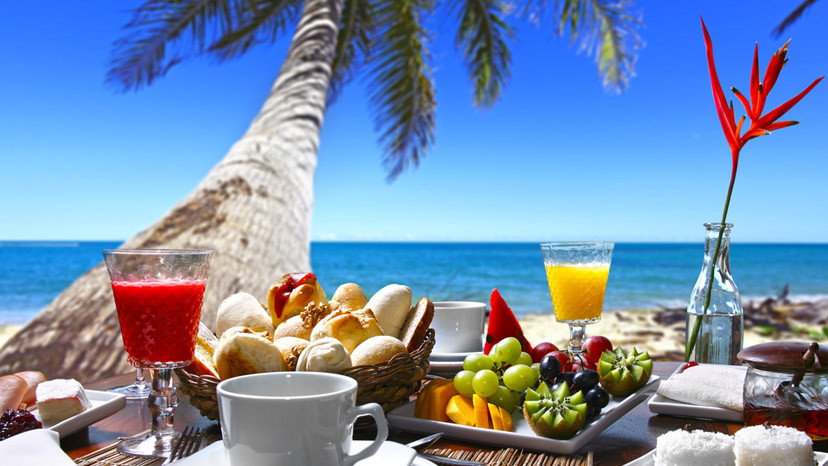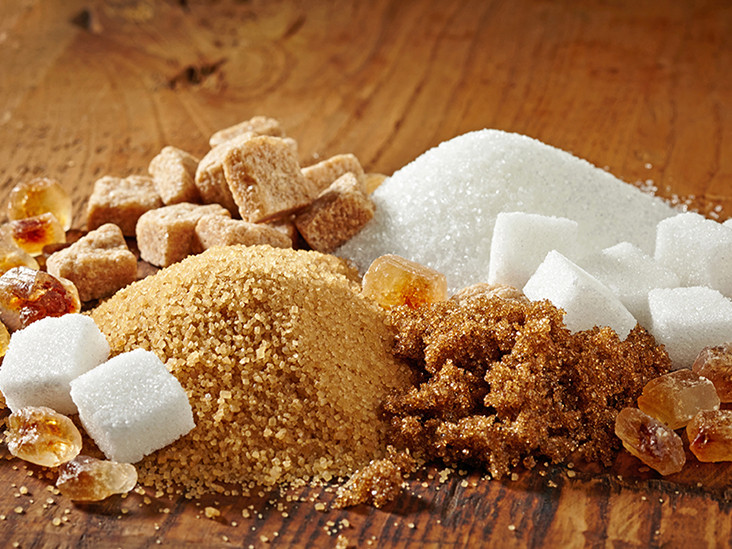

For a Healthy Maldives in 2020
Monday 30th of December 2019
For a Healthy Maldives in 2020
Our favorite foods seem to have one feature in common- Unhealthy. Even our much loved local foods such as fish paste (Rihaakuru) and oily snacks aren’t very good for our health. They’re extremely high in salt and oil. But this doesn’t mean you have to cut it off completely to be healthy. Just follow these tips by World Health Organization for a healthier year.
• Eat a variety of food
In your daily diet, aim to eat a mix of staple foods such as wheat, rice and potatoes with legumes like lentils and beans, plenty of fresh fruit and veg, and foods from animal sources (e.g. meat, fish, eggs and milk). For snacks, choose raw vegetables, unsalted nuts and fresh fruit, rather than foods that are high in sugars, fats or salt such as the locally popular fried breadfruit (banbukeyo).
• Cut back on salt
When cooking and preparing foods, use salt sparingly and reduce use of salty sauces and condiments (like soy sauce, stock or fish sauce). When using canned or dried vegetables, nuts and fruit, choose varieties without added salt and sugars. It is important to check the labels on food and go for products with lower sodium content.
• Limit sugar intake
Limit intake of sweets and sugary drinks such as fizzy drinks, fruit juices and juice drinks, liquid and powder concentrates, flavored water, energy and sports drinks, ready-to-drink tea and coffee and flavored milk drinks. Always keep in mind that salt and sugars should not be added to complementary foods give to children under 2 years of age, and should be limited beyond that age.

• Reduce use of certain fats and oil
Replace butter, lard and ghee with healthier oils such as soybean, canola (rapeseed), corn, safflower and sunflower. Choose white meat like poultry and fish which are generally lower in fats than red meat, trim meat of visible fat and limit the consumption of processed meats. Instead of frying, try steaming or boiling.